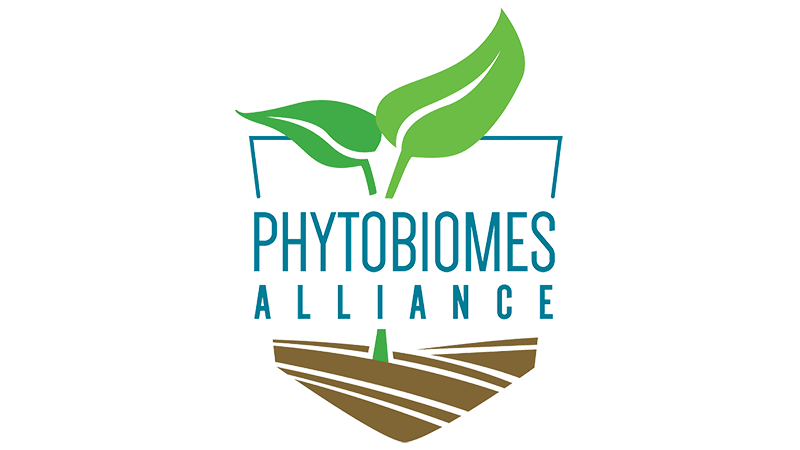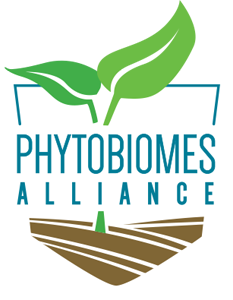
The Alliance adds an Animal Microbiomes Working Group, led by Clare Thorp
The aim of the Animal Microbiomes Working Group is to identify knowledge and resource gaps that need to be addressed to advance our understanding of the role that the phytobiome plays in influencing the nutrition, health, and net carbon emissions of livestock and poultry. Little is currently known about the influence of the phytobiome on the livestock production considerations such as micronutrient availability, pathogen transmission and sustainability.
Plants as seed or forage form the primary nutrition for animals. Phytobiomes is a systems approach to understanding and enhancing plants growing in specific biomes and all the interacting geophysical and biological components. Pasture and grasslands are important phytobiomes and present numerous opportunities to improve animal nutrition, overall ecosystem health, and carbon sequestration. The grains harvested from plants, such as maize or wheat, are the main ingredients of animal feed. Microbes within phytobiomes and accompanying the grains in feed can influence the gut microbiomes of animals.
By establishing this working group, the Phytobiomes Alliance positions its work squarely within the framework of the One Health approach that recognizes the interconnection between people, animals, plants, and their shared environment. The group will work closely with the Microbiomes Working Group which is focused primarily on plant and soil microbiomes.
The group is developing linkages and collaborations with animal science groups in academia and industry around the world.
The Working group will be led by Clare Thorp who has more than 20 years’ experience working in academia, government, and industry in the US and EU in areas related to food and agriculture production and safety. Clare holds a degree in agricultural science, a doctorate in animal science (ruminant nutrition and metabolism), and a master’s degree in economics and public policy.
The Animal Microbiomes Working Group currently comprises Kellye Eversole (Phytobiomes Alliance) and Claire Rogel-Gaillard (INRAE). New members will be added soon. Membership in Alliance working groups is restricted to Alliance sponsors, affiliates, and academic leaders of supported or led scientific projects.
